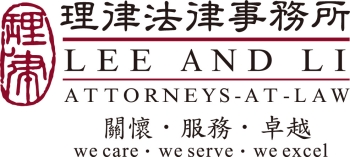Disputes over patent ownership often arise between companies and research and development (R&D) personnel. Such disputes can involve disagreement over whether:
- an invention is a service invention; and
- any specific agreements exist which govern patent ownership between the two parties (eg, whether one party applied for the patent in the name of the other party).
Definition of service invention
Articles 7(1) and 7(2) of the Patent Act expressly stipulate that a 'service invention' is an invention created by an employee in the course of their duties. The right to apply for a patent and the patent right thereof is vested in the employer, who must remunerate the employee reasonably. If an agreement which provides otherwise is in place, such agreement will prevail.
Consequently, in disputes over patent ownership between companies and R&D personnel, the first thing to determine is whether the invention under dispute is a service invention. If the company can prove that the invention is a service invention, the right to apply for a patent and the patent rights thereof are, in principle, vested in the company.
Evidence of service inventions
Opposing views have been presented regarding whether the fact that a company has paid for a patent application and annual patent fees can evidence that an invention is a service invention. According to a 26 February 2021 IP Court civil judgment (2020 Min-Zhuan-Su 107), such facts (ie, a company's payment of application fees and annual fees and an employee's application for and acquisition of the patent at issue during their period of employment) are not necessarily relevant to the question of whether an invention was created by an employee in the performance of their duties. Instead, companies should offer R&D information regarding the patent at issue. The judgment further elaborated that if a company makes relevant claims and an agreement exists between the company and its employees which governs the use of the employee's name for patent registration, the company should offer relevant evidence accordingly.
Companies should diligently preserve all evidence relating to the tasks and R&D efforts of employees who use company resources and facilities. If a company has made any arrangements with its employees, a written record thereof is critical to furnish favourable evidence in disputes over patent rights.




